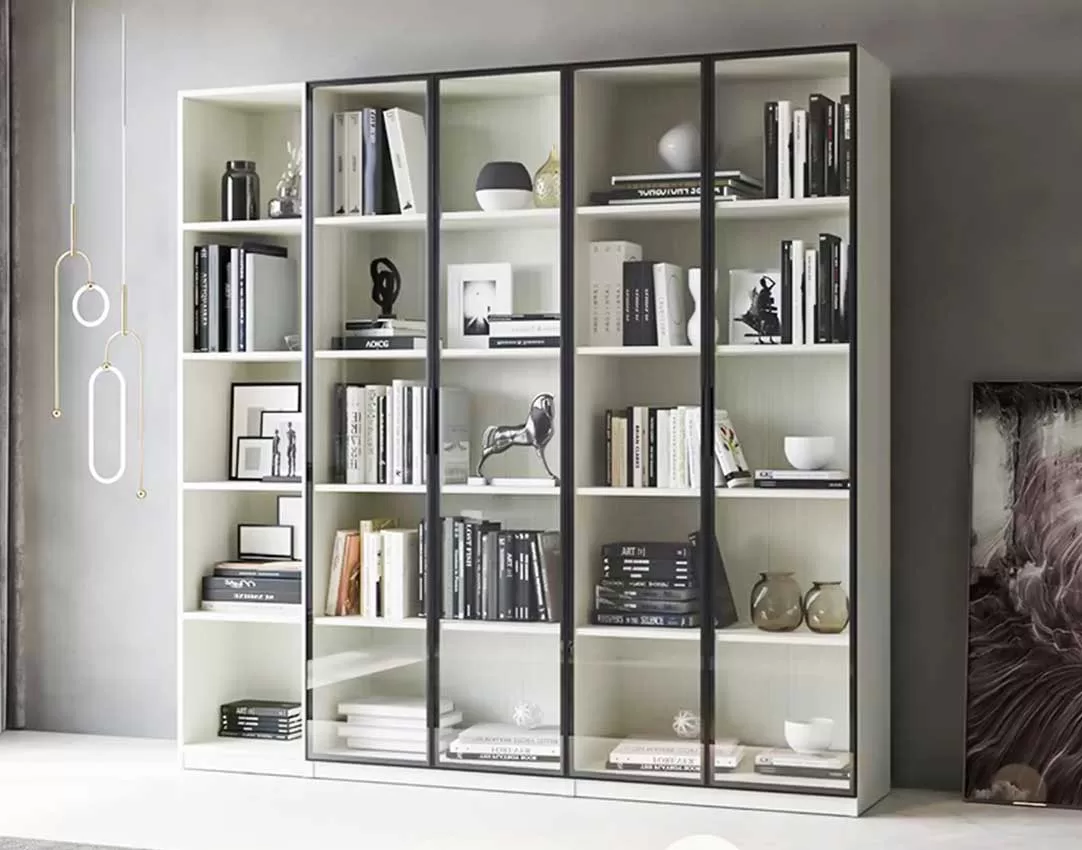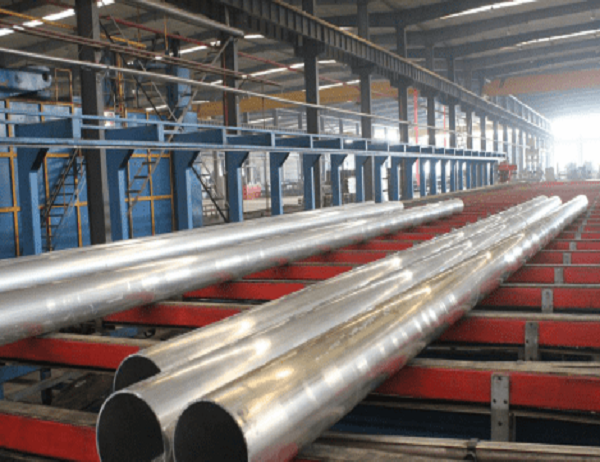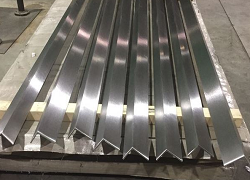As the world grapples with the rising energy crisis and environmental degradation, the adoption of renewable energy sources has taken center stage. Solar energy, in particular, has emerged as a beacon of hope, promising a sustainable and inexhaustible power source. To harness solar energy efficiently, solar panels are crucial, and their construction plays a pivotal role in their performance and durability.
Among the various materials used for solar panel construction, aluminum extrusion stands out as a game-changer. Lightweight yet robust, aluminum extrusions offer a myriad of benefits that make them the ideal choice for solar panel frames and mounting systems.
Enhanced Structural Integrity: Aluminum extrusions are incredibly strong and durable, ensuring the structural integrity of solar panels even under harsh weather conditions. They can withstand extreme temperatures, high winds, and hail impact, protecting the delicate photovoltaic cells within.
Light in Weight: Aluminum’s low density makes extruded solar panels significantly lighter than those made from traditional materials, such as steel or concrete. This lightness allows for easier handling, installation, and transportation, reducing labor costs and expediting project completion.
Corrosion Resistance: Aluminum extrusions are highly resistant to corrosion, making them ideal for installations in coastal areas or environments with high humidity. Unlike steel, which rusts easily, aluminum forms a protective oxide layer that prevents deterioration, ensuring longevity and minimal maintenance.
Thermal Conductivity: Aluminum’s excellent thermal conductivity dissipates heat effectively, preventing solar panels from overheating. This thermal management is crucial for maintaining optimal performance, maximizing energy output, and extending the lifespan of the panels.
Customization: Aluminum extrusions can be customized to meet specific design requirements. They can be formed into various shapes and sizes, enabling solar panels to be tailored to different applications and aesthetic preferences. This versatility allows for seamless integration into various architectural styles and rooftops.
Incorporating aluminum extrusions into solar panel construction unlocks a host of advantages, including:
Increased structural strength and durability
Reduced weight for easier handling and installation
Enhanced corrosion resistance for longevity
Improved thermal management for optimal performance
Design flexibility for customized applications
By embracing aluminum extrusion technology, solar panel manufacturers can create lightweight, durable, and aesthetically pleasing solar solutions that will help accelerate the transition to a sustainable energy future.



